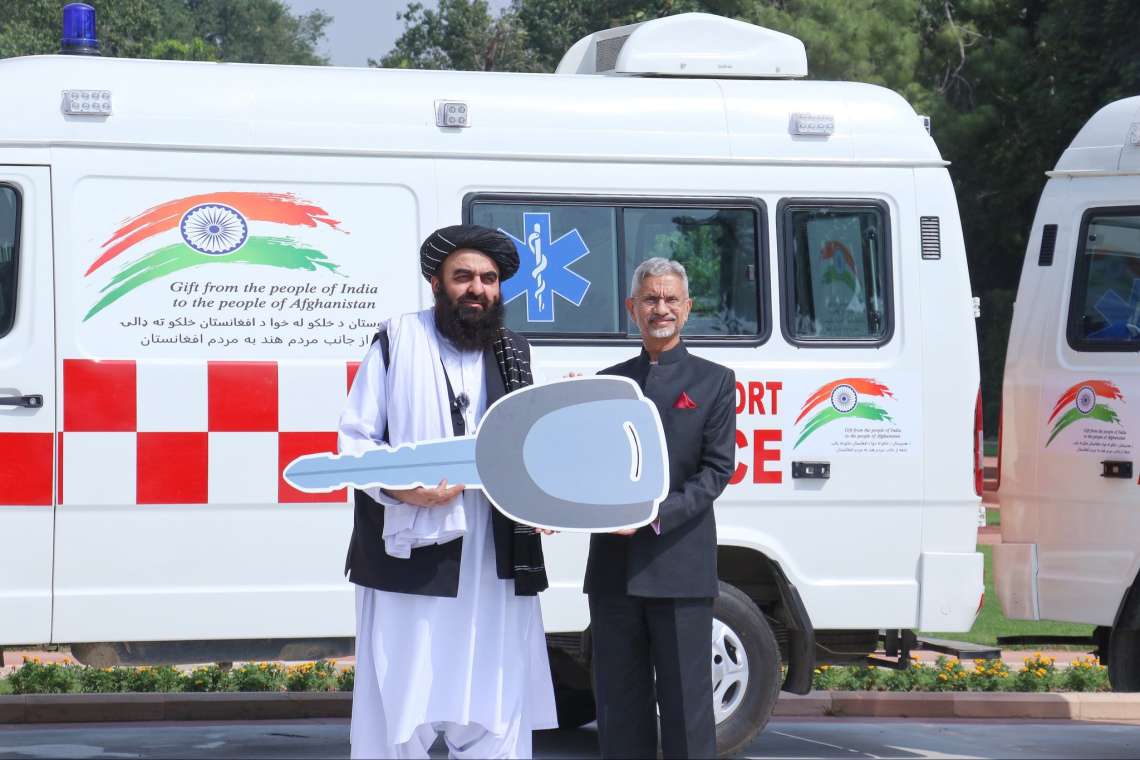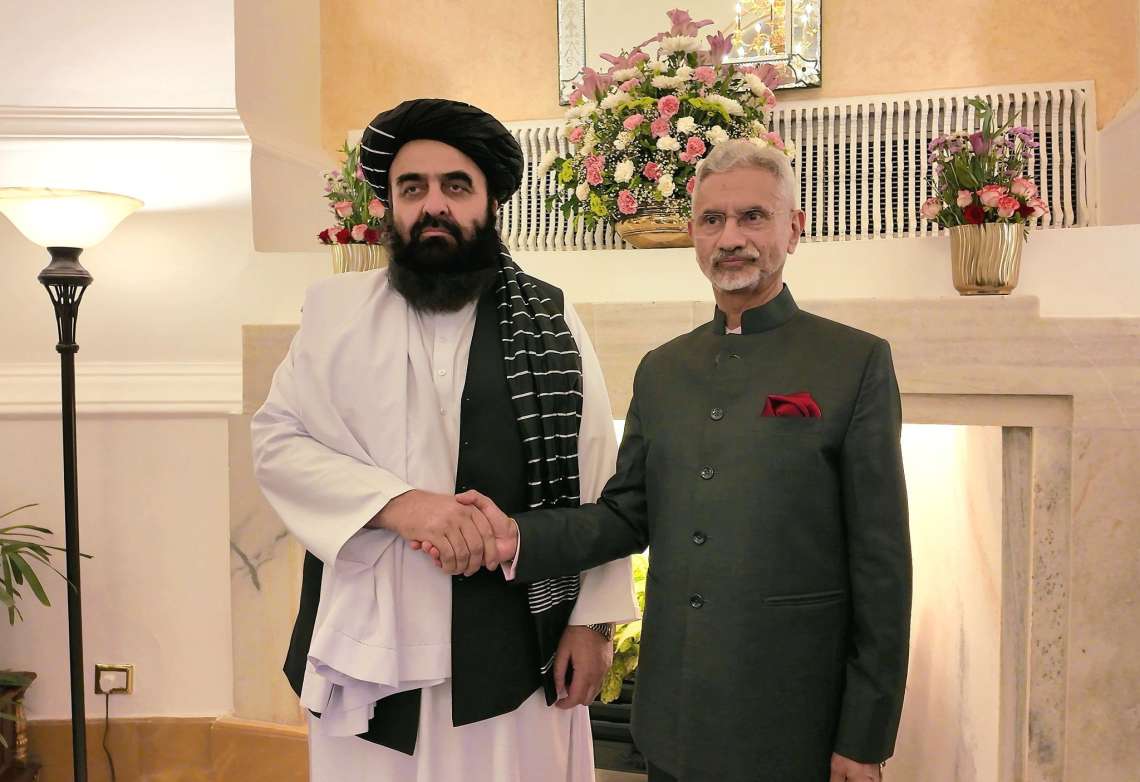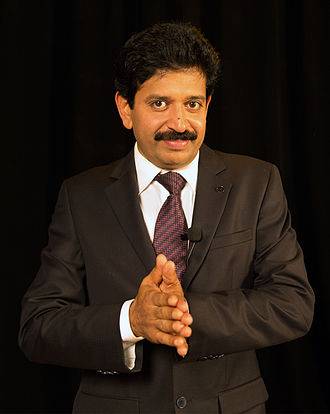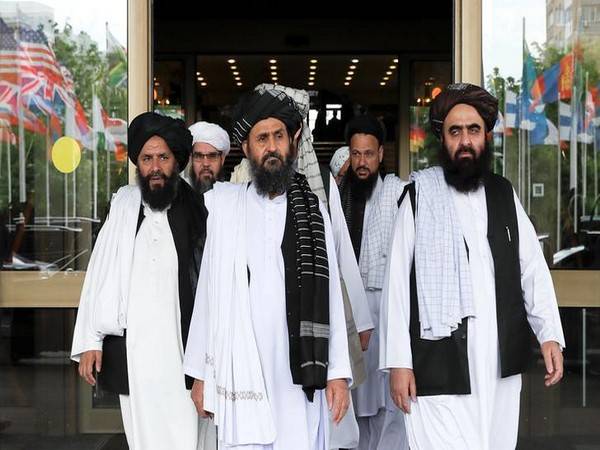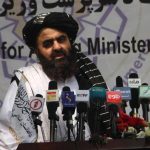The real power, according to Afghan watchers, lies not with the Taliban cabinet but the Haqqanis who have a major share in the power and it was evident right from the beginning of the formation of the Taliban government, a report by Mrityunjoy Kumar Jha
A deep rift has come to the fore among the Taliban ministers with the extremist Haqqani Interior Minister shooting down the proposal of Deputy Prime Minister Abdul Salam Hanafi, at a Cabinet meeting, to hand over the militants of the Islamic Movement of Uzbekistan (IMU) to Uzbekistan.
Hanafi said at the cabinet meeting that in return, the Uzbekistan President has agreed to help the Taliban on the economic front.
According to Hashim Wahdatyar, an Afghan expert, the Interior Minister of the Taliban regime and chief of the UN designated terror outfit Haqqani Network (HQN), Sirajuddin Haqqani lost his cool and shouted at Hanafi for striking such a deal with the Uzbeks.
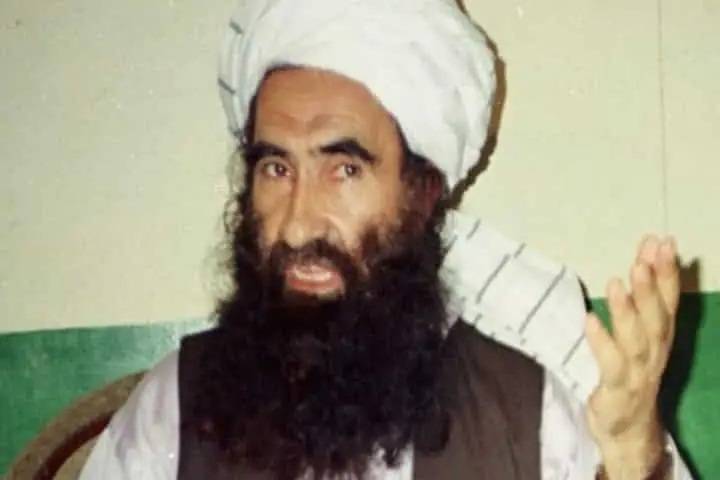
Sirajuddin Haqqani reportedly told him, “IMU has been the Taliban’s friends and they fought along with us.” Interestingly, Haqqani’s rival and the Defence Minister and son of the Taliban founder, Mullah Yaqoob agreed with him on this. Deputy Prime Minister Hanafi was told that the Taliban will never hand over their “friends” to anyone.
Last month Hanafi visited neighbouring Uzbekistan to discuss issues like trade and economic-operation, ensuring border security, cooperation in the field of energy and international cargo transportation. This included the construction of a railway connecting Termez to the Pakistani city of Peshawar via Afghanistan’s Mazar-e-Sharif and the capital, Kabul and reconstructing Maulana Jalaluddin Mohammad Balkhi international airport in Mazar-e-Sharif.
It was then the Uzbek President Shavkat Mirziyoev asked Hanafi to hand over the militants of IMU which Hanafi reportedly promised to do so.
ALSO READ: Taliban Claim UN Seat
The UN designated terror organisation, the IMU was created in Uzbekistan in the 1990s with the aim of establishing an Islamic Caliphate, but was driven out by government crackdowns. However, they managed to regroup in Afghanistan under the patronage of the Taliban and al-Qaeda.
Since the resurgence of the Taliban in August this year, the Uzbek government has been worried about the IMU despite the Taliban’s promise that Afghan soil will not be allowed to be used against any country.
Despite the promises made to Uzbekistan, Tajikistan and China that the Taliban regime will make a clean break with the ETIM and other extremist Islamic groups like the Islamic Movement of Uzbekistan (IMU), and al-Qaeda., no action has been taken against them on the ground.
The Haqqani Network has woven a web of alliances with fellow jihadist groups, including al-Qaeda, Tehreek-e-Taliban Pakistan (TTP), the Islamic Movement of Uzbekistan (IMU), Lashkar-e-Taiba and others.
The real power, according to Afghan watchers, lies not with the Taliban cabinet but the Haqqanis who have a major share in the power and it was evident right from the beginning of the formation of the Taliban government.
Several reports have provided details of altercations including physical fights between Mullah Baradar, the Taliban government’s deputy prime minister and Maulana Yaqoob, the defence minister and the interior minister Sirajuddin Haqqani. Ultimately the Pakistan-backed Haqqanis appear to have prevailed over the rest making it clear that they are in command.
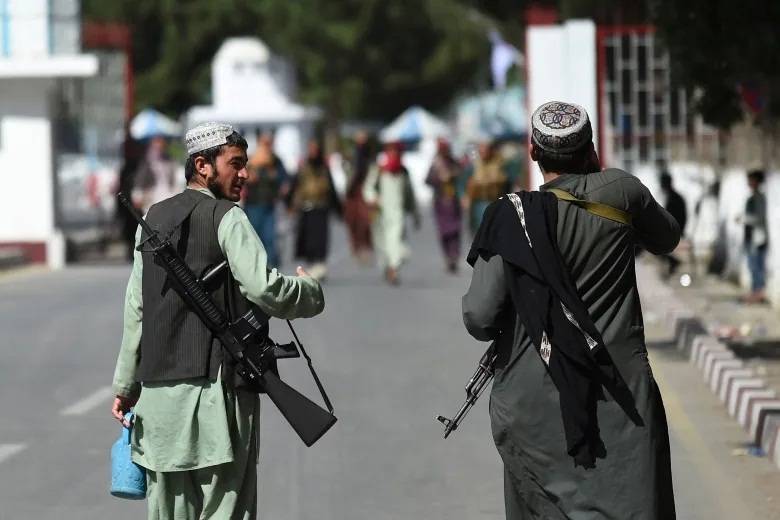
Haqqani and Pak-TTP peace deal
Imran Khan has been hit by a pincer strike. On the one side, the ferocious Tehreek-e-Taliban Pakistan (TTP) has trapped him and on another axis, the Afghan Taliban is targeting him. This is the general perception that is emerging at the grassroots level in Pakistan, where the people are angry and hurt by the announcement of a ceasefire agreement between the Imran Khan government and the TTP, a UN banned outfit.
“Extremist group TTP should be held accountable for the killings of thousands of people before any negotiations for bringing them into the national political mainstream can take place,” said Hina Jilani, Chairperson of the Human Rights Commission of Pakistan, the Pakistani daily The News reports.
The opposition parties too are angry because they were kept dark about Imran Khan’s secret deal with TTP.
“The problem is that the government hasn’t taken parliament into confidence and has gone about talks with the TTP unilaterally, which is not right. There need not be a binary between kinetic war and talking to militants,” said Bilawal Bhutto Zardari, Chief of Pakistan People’s Party. He asserted that the only way to hold talks with the TTP is from a position of strength.
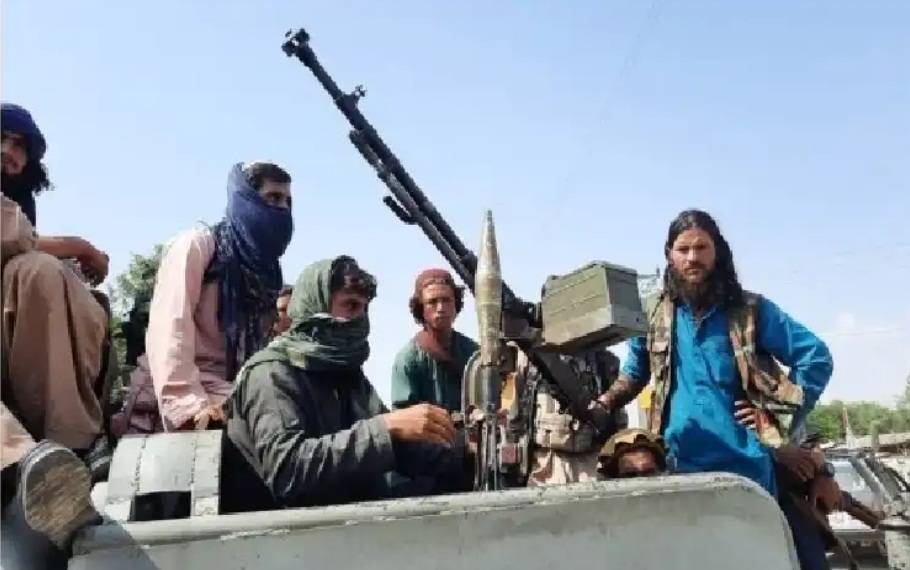
“We need real Red Lines especially with respect to the Constitution,” he pointed out.
Though both sides are silent on the terms and conditions of the secret deal, Pakistani media has reported that the Imran Khan government has laid three conditions before the TTP — accept the constitution, lay down arms and get an identity card. In response, the militant group too has forwarded its own conditions — Shariat system & courts in tribal belt & Malakand, removal of Pakistani military fences from Durand line, the TTP to be allowed to keep weapons in tribal areas and withdrawal of Pak Army from tribal belt.
ALSO READ: Afghan girls again call on Taliban to reopen schools
Pakistani experts believe that the TTP and the government both are engaged in a tactical game. While Imran Khan’s strategy is to divide the group and check on its eagerness to reconcile, the statements emanating from the TTP do not appear to suggest that they are negotiating from a position of weakness.
Amid the talks, Imran Khan got slammed by the Pakistani Supreme Court, which summoned Khan and grilled him for more than two hours over the “secret” deals with the TTP militants, who are the main accused of killing 140 school children in 2014 among other crimes.
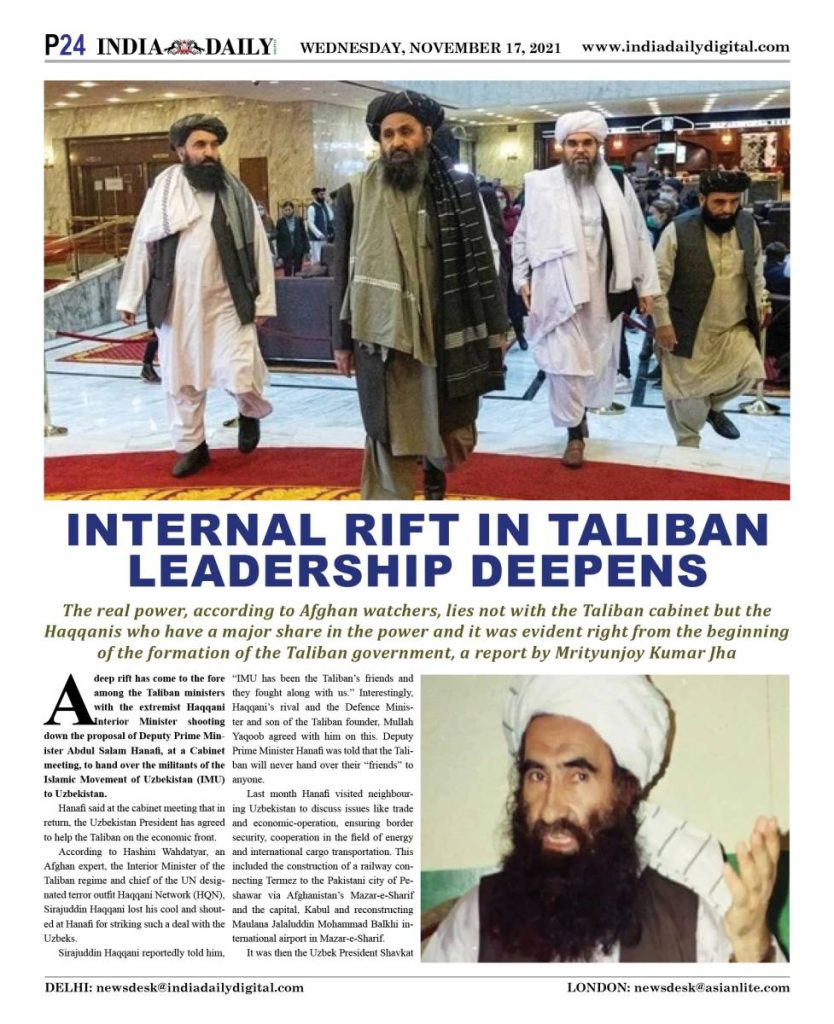
“Why are we bringing them (TTP) to the negotiating table instead of taking action against them?” a judge asked Khan.
The court asked the Prime Minister to pay heed to the parents’ demands and take action against the school attackers and submit the report in four weeks.
According to Pakistani analysts, the deal is brokered by the Interior Minister of the Taliban regime and the Chief of terror outfit, Sirajuddin Haqqani — it is like one terror group is mediating talks between another terror group and the government — it is in a very uncomfortable situation.
“Who is the guarantor — Haqqanis? A terror outfit, how can Imran Khan trust these terror outfits,” ask one analyst.
Some Pakistani observers feel that Imran Khan was doing deals with the militant organisations first with the TLP and then with the TTP for his survival as his government is losing the grip over the country. The worsening economic situation is haunting Imran Khan who is already in many controversies, including on the appointment of the ISI Chief.
Even supporters of Imran Khan’s slogan of change, “Naya Pakistan”, have started talking about his mistakes and biases.
(The content is being carried under an arrangement with indianarrative.com)



